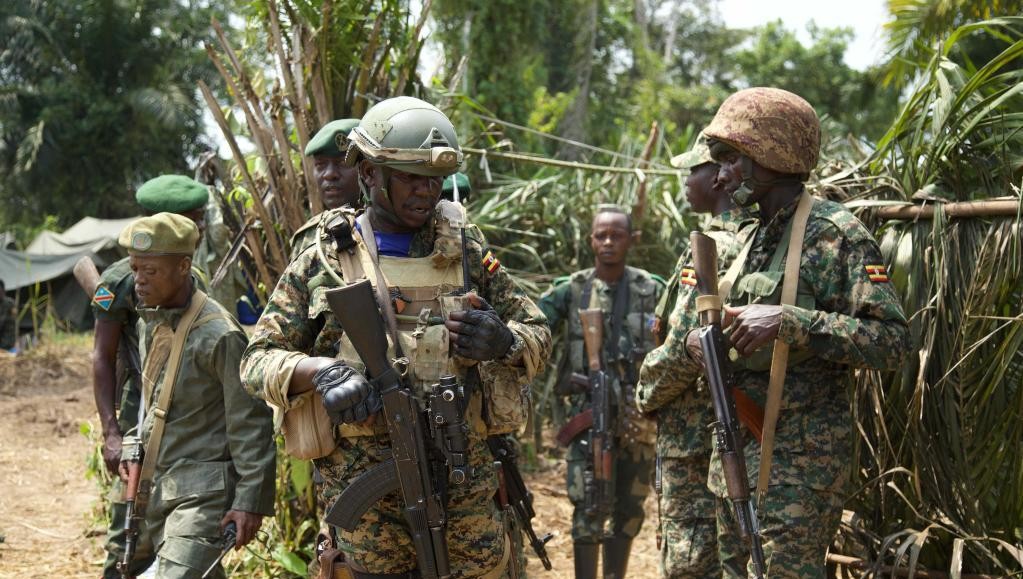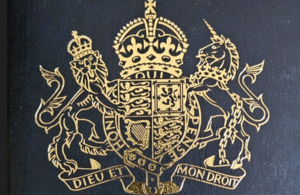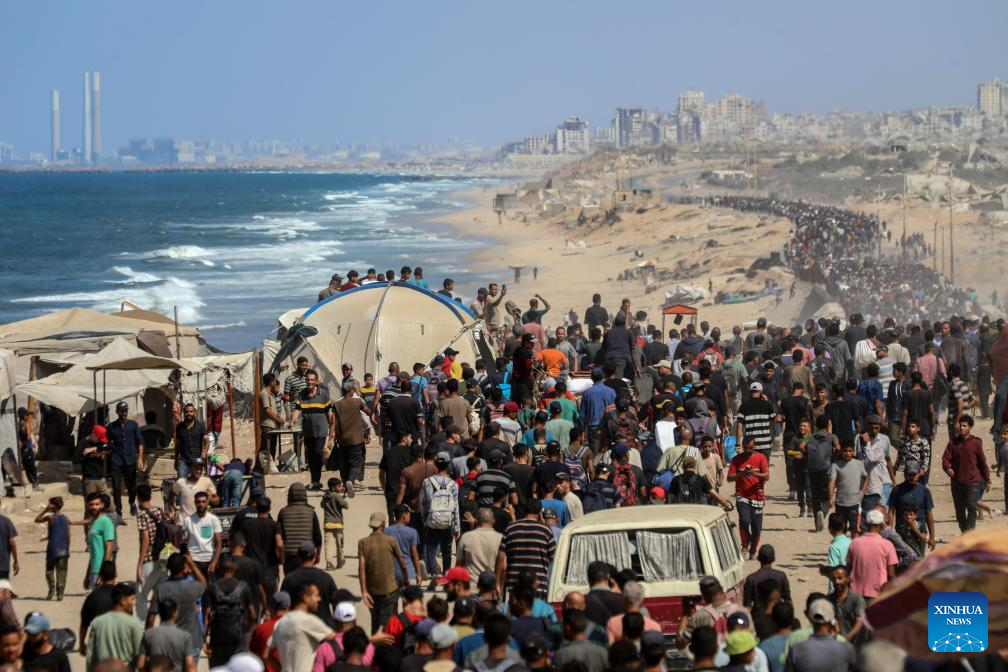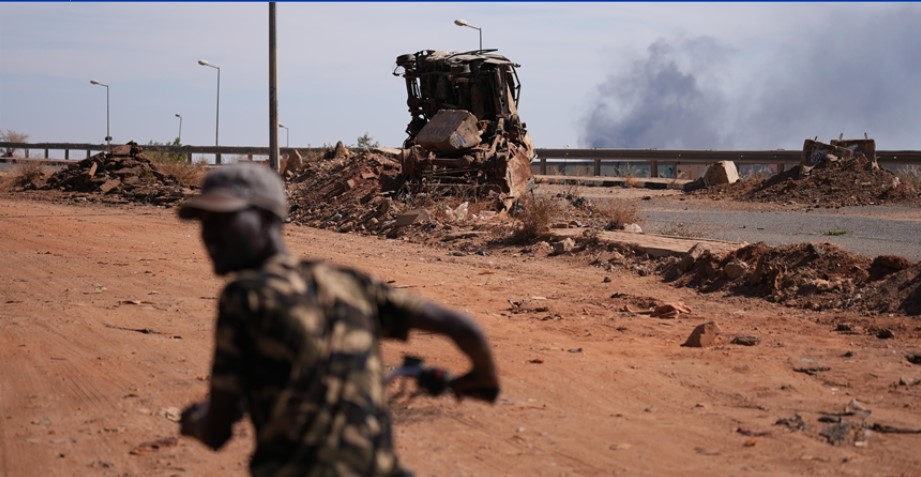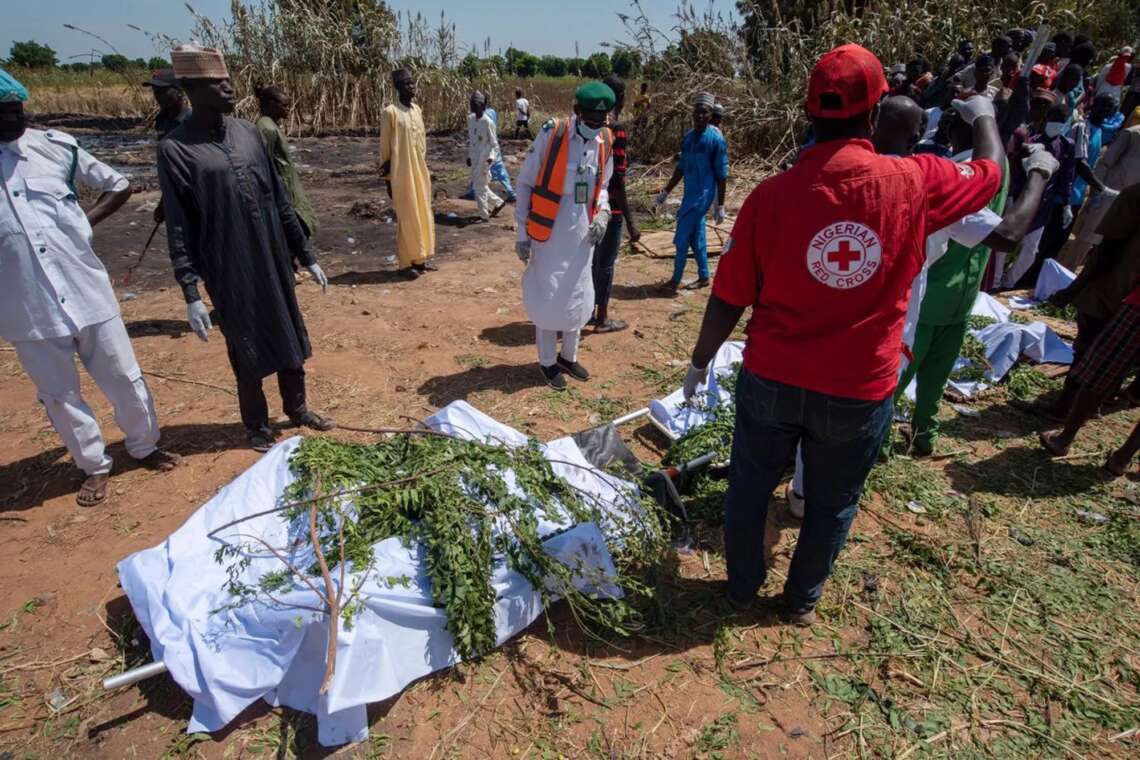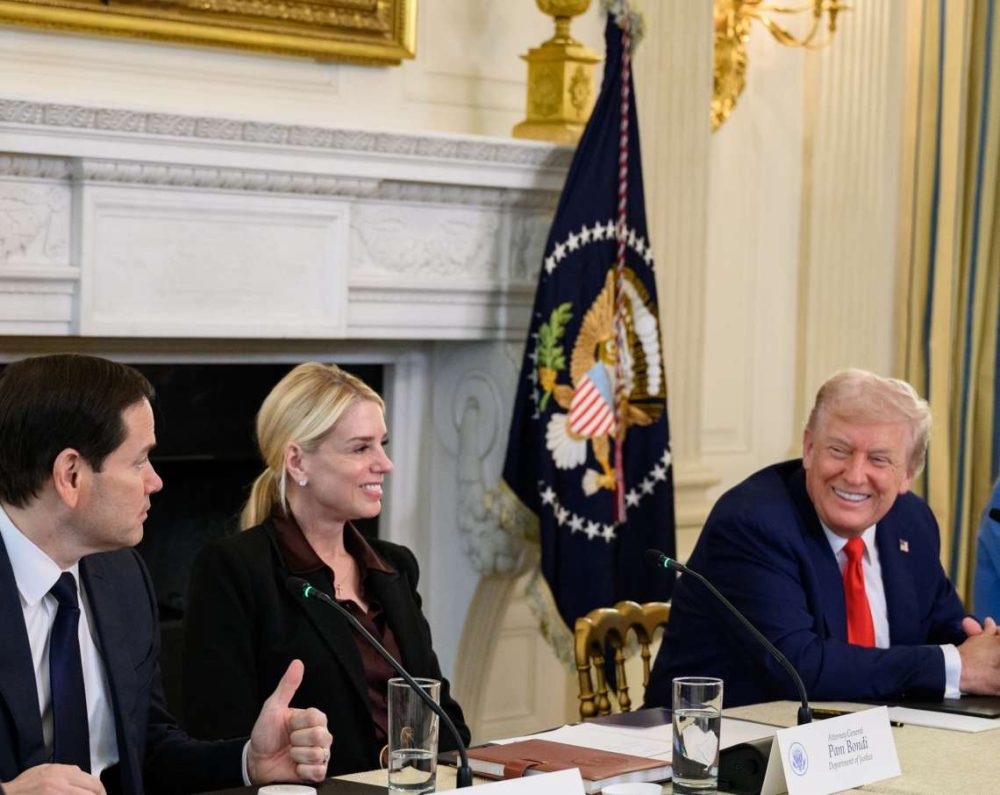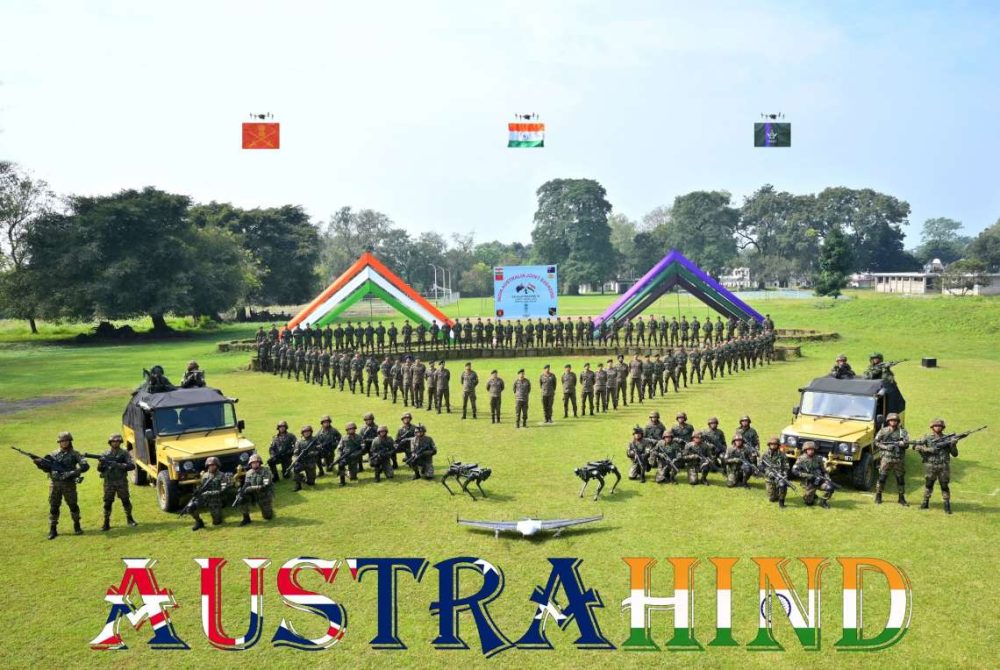M23 has seized eastern Congo’s two largest cities in a swift offensive that has left thousands dead, forced hundreds of thousands to flee their homes, and piled pressure on President Felix Tshisekedi
Democratic Republic of Congo doubled salaries for soldiers and police on Friday, the Finance Ministry said, in an apparent bid to boost morale as Rwanda-backed M23 rebels advance in the east.
M23 has seized eastern Congo’s two largest cities in a swift offensive that has left thousands dead, forced hundreds of thousands to flee their homes, and piled pressure on President Felix Tshisekedi.
The Finance Ministry said that the pay hikes will be “a turning point toward better conditions” for the army. An officer in North Kivu province said on Thursday he had heard about the raises, but said that troops had not received even their basic salaries over the last two months since banks shut following the fall of the city of Goma.
“We learned that our pay has been doubled, but we have not yet experienced this increase because our salary has been frozen,” the officer said.
Congo has roughly 260,000 soldiers and other security forces, according to the 2025 budget law.
Government documents show that official monthly salaries since 2022 have averaged between $100 and $200 for all ranks.
It was not immediately clear what effect the pay raise would have on the budget.
A draft law amending the budget for 2025 was due to be sent to lawmakers earlier this month, but that has not emerged.
“These expenses are being incurred outside the budget. This is serious because no one will be able to monitor the actual numbers and salaries of the military personnel to be paid,” Valery Madianga, a Congolese expert on public finances, said.
Rwanda denies allegations from Congo and the UN that it supports the M23 with arms and troops, saying its forces are acting in self defense against Congo’s army and militias hostile to Kigali.
Rwanda’s government severed links with Belgium on March 17, accusing it of having “consistently undermined” it during the conflict in the Democratic Republic of Congo.
National and international NGOs working in Rwanda have been banned from cooperating with Belgian institutions, the Rwanda Governance Board said, after Kigali cut off diplomatic ties with Brussels earlier this month.
The RGB, which oversees service delivery in the east African nation, said the ban also extended to “faith-based organizations” and common-benefit companies.
The RGB said any current projects or agreements with the Belgian government or its affiliates were “prohibited” and “must be terminated immediately and reported.” “No funds, grants, donations, or financial contributions shall be received from or disbursed to the government of Belgium, its institutions, affiliated agencies or programs,” it said in a statement issued Thursday.
“Any attempts to circumvent these financial restrictions, including indirect transactions through subsidiaries or partner organizations, will be subject to strict penalties.”
Political and human rights activist Pelly Prudence Iraguha said the decision should have been submitted to parliament.
But RGB chief executive Doris Uwicyeza Picard wrote on X: “RGB has powers to take such decisions backed by laws passed by parliament.
“These laws give RGB powers to suspend NGOs involved in activities that infringe on citizens unity or security.”
Meanwhile, Doctors Without Borders (MSF) on Tuesday said civilians were suffering “horrific” wounds in a new surge in violence in the northeastern Democratic Republic of Congo’s turbulent Ituri province.
Gold-rich Ituri has long been hit by conflict between ethnic militia as well as attacks by the Daesh-linked group, the Allied Democratic Forces (ADF).
It lies just north of North and South Kivu provinces, where the Rwanda-backed M23 armed group has seized large tracts of territory in recent months, but the fighting is not linked to the violence in Ituri.
The medical charity, known by its French acronym MSF, said it had seen “a renewed spike in atrocities in eastern Democratic Republic of Congo’s Ituri province, where its medical teams are providing care for civilians with horrific injuries.”
Citing UN figures, it said violence had displaced around 100,000 people since the beginning of the year, with attacks killing more than 200 people in January and February alone.
More than half of the victims of violence that MSF treated at its clinic in the provincial capital, Bunia, up until mid-March were women and children, it said.
“In February, MSF’s medical teams treated children as young as four and pregnant women for machete and gunshot wounds following militia attacks” in which sometimes other family members had been killed.
Healthcare facilities are also prey to attacks, MSF warned, saying threats by armed groups had forced a hospital to suspend its activities and evacuate patients this month. Other health centers have been destroyed.
The crisis in Ituri “is characterised by repeated displacement, in which violence forces civilians to pick up and start their lives over, again and again.
“What is worse, is that the stories patients and communities tell us represent only the tip of the iceberg,” the NGO said.
Ituri suffered a conflict between ethnic-based militias from 1999 to 2003 that killed thousands before the intervention of a European force.
In 2021, Uganda deployed troops with the DRC’s consent to Ituri, ostensibly to clear the area of the ADF.
The Ugandan army has also launched an operation this month against a militia known as the Cooperative for the Development of Congo (Codeco).


